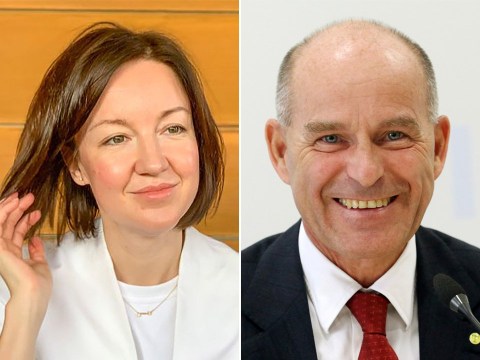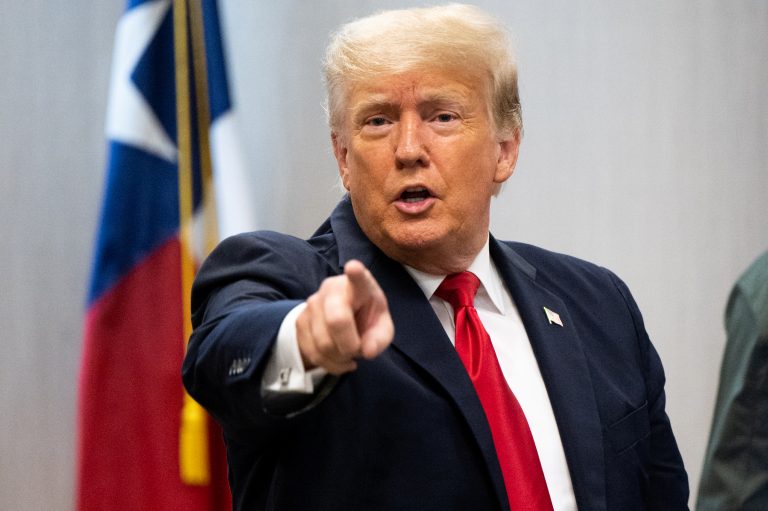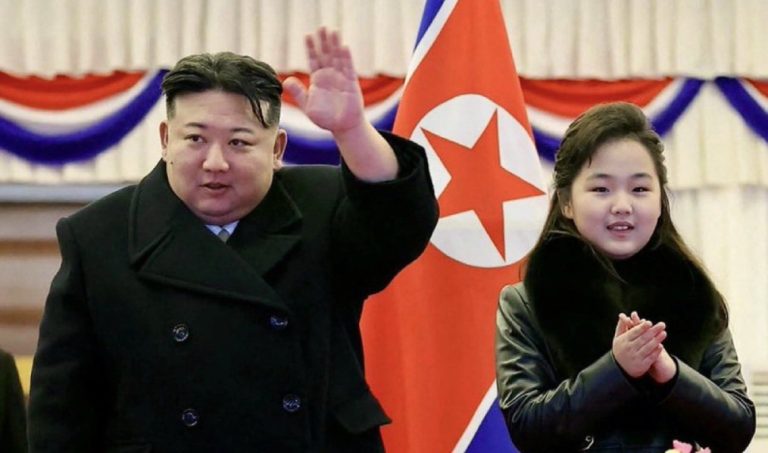
A German billionaire who was officially declared dead in 2021, three years after vanishing in the Swiss Alps, may have faked his own death to live with his alleged mistress in Moscow.
Karl-Erivan Haub, a German-U.S. dual citizen, was 58 at the time of his disappearance, and was former managing director German retail giant Tengelmann Group.
He was last seen on the morning April 7, 2018, heading up a mountain lift, and was reported missing the following morning after he didn’t return to his hotel in the Swiss resort of Zermatt.
A search for the businessman was officially called off in October 2018. Three years later, in May 2021, Karl-Erivan Haub was formally declared dead by the district court in Cologne, where he lived. Evidence to have him officially declared dead was submitted by his wife, brothers, and company.
His younger brother, Christian Haub, was named the sole CEO of Tengelmann after he vanished. In May 2021, he swore in an affidavit that he possessed no information that his missing sibling could still be alive.
Now, Christian Haub is being investigated by the state prosecutor’s office in Cologne over allegations that he could have given false statements, local news outlet Zeit Online reported on April 11.
The publication said that contrary to the statements he provided, is accused of having had reliable evidence that his brother could still be alive.
The state prosecutor’s office has emphasized that there is still insufficient evidence that Karl-Erivan Haub is alive, and that there is at present no reason to request an annulment of his death certificate.

“On this basis there were investigations by the internal investigators and specially commissioned agencies in Russia,” she said.
“There is a record that shows the investigators assumed Haub was in Russia and also said they could get a photo of him for €100,000 (about $100,000).”
Boetticher said she believes the businessman’s motivation for leaving for Russia “lies in his business connections” to the country.
“Our suspicion is that dealings with Russia or with Russian business partners could have got Karl-Erivan in trouble in the West,” she said.






